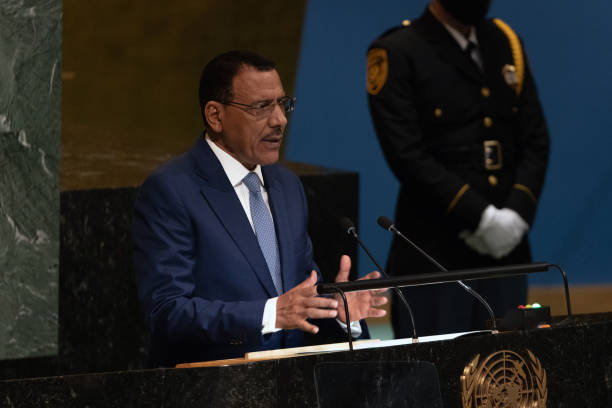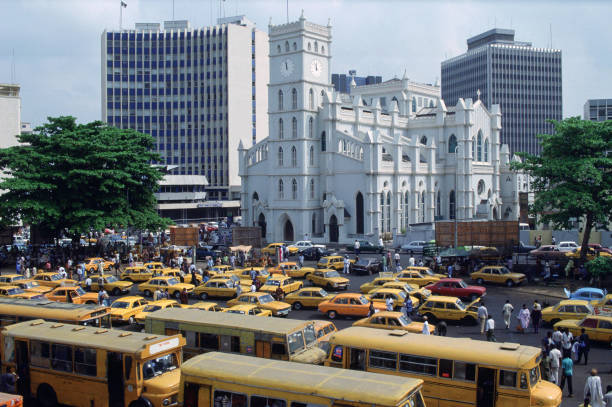Two years ago, President Mohamed Bazoum of Niger was waking up in the presidential villa, running a country that had just had its first peaceful democratic transition of power. Today, he wakes up in detention—alongside his wife—with no trial, no access to lawyers, and no clue what tomorrow holds.
It’s been 24 long months since the July 2023 military coup that pushed Bazoum out of office and replaced his government with a military junta. Since then, Niger’s dream of democratic stability has taken a hard fall—some might even say it stumbled into a ditch and hasn’t managed to crawl out.
According to Human Rights Watch, the former president and First Lady have been held in near-total isolation. No visits from lawyers. No calls from family. Not even the courtesy of a court date.
International bodies, including the United Nations and the regional ECOWAS Court, have called for their release. But the junta seems to be playing deaf, or at least listening with only one ear.
In a move that raised eyebrows and dropped jaws, the junta last year stripped Bazoum of his presidential immunity—a major legal step meant to clear the way for a trial. The charge? High treason. The actual trial date? Still missing, like a politician’s campaign promise after elections.
“It’s not just about Bazoum,” says Human Rights Watch. “His detention is part of a bigger pattern: silencing critics, jailing activists, banning protests, and putting the press under pressure.” In short, Niger’s military rulers aren’t just wearing uniforms; they’re flexing them too.
A Coup Without Closure
When the generals rolled out tanks and seized power in 2023, they promised security and national unity. They blamed Bazoum for failing to stop jihadist violence and claimed they were acting for the good of the nation.
But two years later, those promises are wearing thin. Attacks by insurgents continue in border areas. The economy is wobbly. And the international community has slapped sanctions and aid cuts on the country, making life harder for everyday Nigeriens.
Meanwhile, Bazoum and his wife remain detained in a presidential residence turned prison, their fate hanging in the air like a Harmattan dust storm.
“It’s not clear what the junta is waiting for,” one analyst whispered. “Maybe they think if they delay long enough, people will forget.”
But many haven’t. Nigeriens are still quietly talking. Regional leaders are still calling. And human rights groups are still shouting.
A Broader Warning
What’s happening in Niger isn’t just Niger’s problem. It’s part of a worrying trend in West Africa, where military takeovers have been popping up like uninvited guests at a wedding. From Mali to Burkina Faso to Guinea, coups have disrupted fragile democracies and tested the patience of African citizens.
In the midst of all this, Bazoum’s detention stands as a cautionary tale—of how quickly power can shift, how easily freedom can vanish, and how slow justice can be when the gavel is in the hands of men with guns.
For now, Niger’s former president remains locked up. No court. No trial. Just silence.
And somewhere in Niamey, the generals continue their meetings, while the people continue their waiting.
As one Nigerien student reportedly said: “Democracy in West Africa is now like NEPA light—you’ll be lucky to see it, and when you do, it may not last.”
Sad, but for many, all too true.





